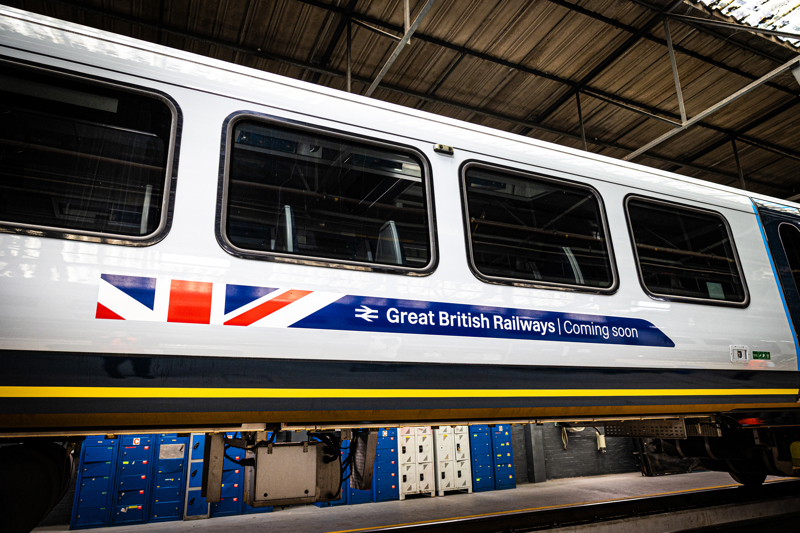
South Western Railway was renationalised in the early hours of Sunday May 25, ending more than 29 years under private control.

South Western Railway was renationalised in the early hours of Sunday May 25, ending more than 29 years under private control.
Owned since 2017 by First MTR, it is the first train operator to transfer from the private sector under the Labour government, which last November passed legislation to bring most passenger services back under public control.
Transport Secretary Heidi Alexander highlighted the 0614 from London Waterloo to Shepperton as the first renationalised train, a Class 701 Arterio sporting stickers announcing: “Great British Railways – Coming Soon.”
SWR staff confirmed the first two services were halted due to overnight engineering work. The 0227 from Guildford was cancelled, and the 0536 from Woking was replaced by a bus.
SWR’s predecessor, Stagecoach’s South West Trains, had run the first privatised scheduled service on February 4 1996.
The Secretary of State proclaimed “a new dawn for our railways.” She had visited SWR’s Bournemouth depot the previous Thursday, telling staff and a few selected journalists: “We are waving goodbye to 30 years of inefficiency and passenger frustration.
“We will sweep away decades of waste,” she promised, telling workers it was “a generational opportunity to fix our broken railways".
She then thanked the workers for a “marvellous job” applying new logos to the train.
But former leaders of what used to be Britain’s largest and most profitable passenger franchise warned that passengers would notice little change beyond a few fresh stickers on the sides of carriages. They suggested there would be no improvements to services, with civil servants at the Department for Transport continuing to “micro-manage” train operators at least until Great British Railways takes control around 2027.
SWR is now part of the Department for Transport Train Operator (DFTO) headed by chief executive Robin Gisby, who has also become chairman of SWR.
Lawrence Bowman becomes Managing Director. Bowman was previously Network Rail’s Anglia route director. Before that he had roles at West Midlands Trains and East Midlands Trains.
All 5,600 staff have transferred to the public sector, retaining their existing pay and working conditions.
DFTO now has 18,500 staff and runs around a quarter of all passenger services.
c2c is due to join on 20 July, and Greater Anglia on 12 October.
At the Bournemouth photo opportunity to unveil the new logo, Alexander stated: “Passengers will notice a fundamental cultural reset, with operators having to earn the right to wear the Great British Railways badge.”
Asked what that meant, Rail Minister Lord Peter Hendy told RAIL: “If we indulged in a massive rebranding process, then we would be putting a brand new name on something that wasn’t palpably different. We’ve now got both punctuality and cancellation standards that are the same for the operations and infrastructure. They need to meet those standards on a consistent basis to prove to people that GBR is a better service.”
The government announcement stated that it “kicks off a total reset of the railways to improve performance and win back public trust". But train operators already have to meet specific performance targets as part of their contracts.
“Yes, they have always had standards,” Hendy conceded. “But some companies haven’t met them, notably due to a persistent shortage of drivers. But the primary thing discussed when standards aren’t met is whose contractual problem that is, and not the remedy for customers. This will be very different.”
It was not made clear what penalty there would be for failing to meet the standards, what the alternative to carrying a GBR logo would be following nationalisation, or why the “Coming Soon” logo was a necessary part of what the government called "a watershed moment".
Login to continue reading
Or register with RAIL to keep up-to-date with the latest news, insight and opinion.

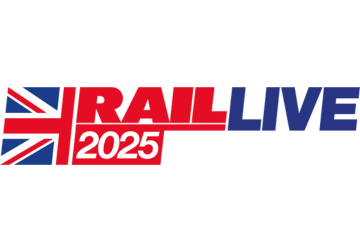

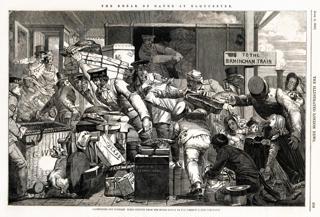
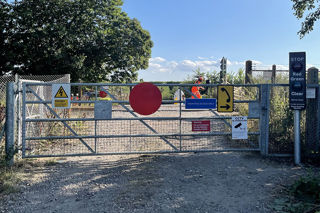
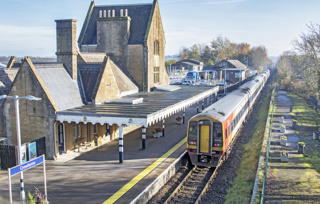
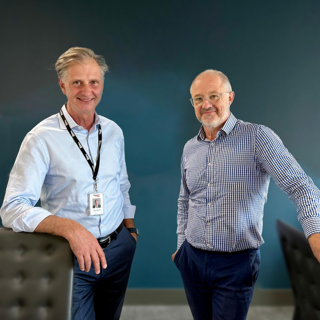











Aph1967 - 26/05/2025 15:57
Blimey, any chance journalists could see this as a positive opportunity. Lord Hendys comments about an integrated track and train railway are particularly pertinent and very positive. Reigning in the ROSCOs and having proper cascade plans should be next. Withdrawing 15/20 year old trains from the LM mainline with no plan for their use whilst 30 year stock is still in use is mindless.